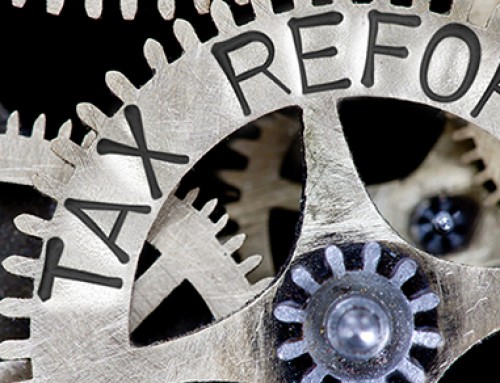If you need money before retirement, borrowing from your 401(k) is one option. Whether it is a good idea depends on your personal financial situation. It is important to understand the potential costs of this type of loan before making your decision.
Formal Loan
Borrowing from your 401(k) is a formal loan. You will be charged interest and will have set payment dates. The interest you pay on the loan is not tax deductible. This is true even if you use the proceeds for your home.
The interest rate to borrow from your 401(k) will usually be lower than a commercial loan, but this is a “good news – bad news” situation. While you are paying a lower interest rate for your loan, your pension plan is earning less than it would have earned had you not borrowed the money. The money you borrowed would have been invested elsewhere with presumably higher earnings. If you consider the potential growth in stock and bond markets, over the typical five year loan term, the earnings discrepancy can be significant.
The principal portion of your loan repayment is not considered a contribution to your plan. You can still make deductible contributions up to the annual limit ($17,500 for a traditional 401(k) during 2014, plus an additional $5,500 when you’re age 50 or older), but this would be in addition to the loan repayments you are making.
Loan Default
What if you default on the 401(k) loan? The unpaid balance of your loan is considered a distribution to you, which means it is taxable and will be added to the income on your tax return. You may also be subject to a 10% early-withdrawal penalty if you are under age 59½, and this penalty is in addition to income taxes.
Many 401(k) plans require immediate repayment if you quit your job. Your loan may feel like an anchor if you are unable to repay when that perfect career opportunity comes your way.
These are just a few of the potential consequences in taking a 401(k) loan. If you find yourself in the situation where taking a loan from your 401(k) seems unavoidable, remember that it is essential to review all of the tax and financial implications before you sign the loan documents.








Leave A Comment